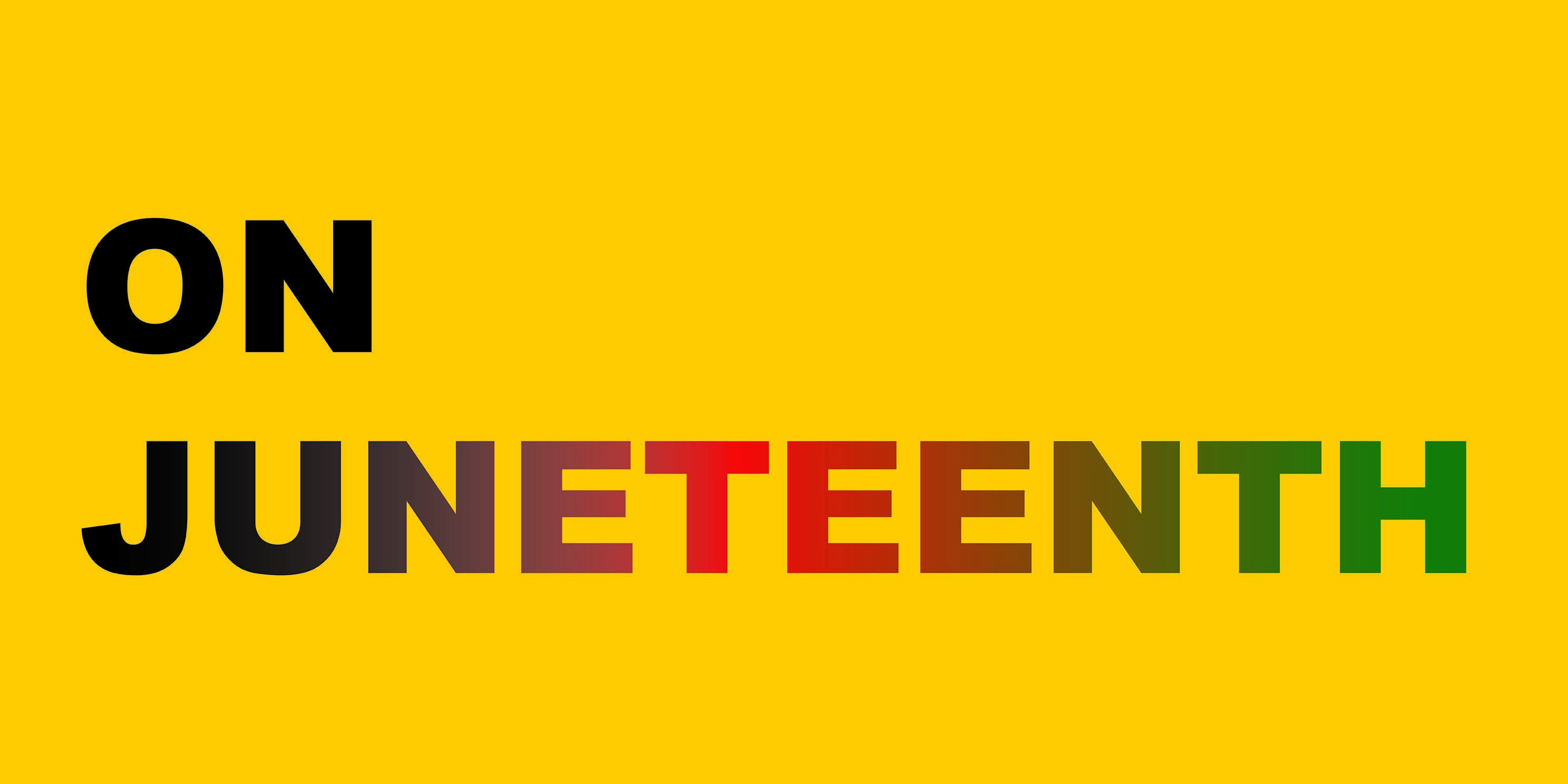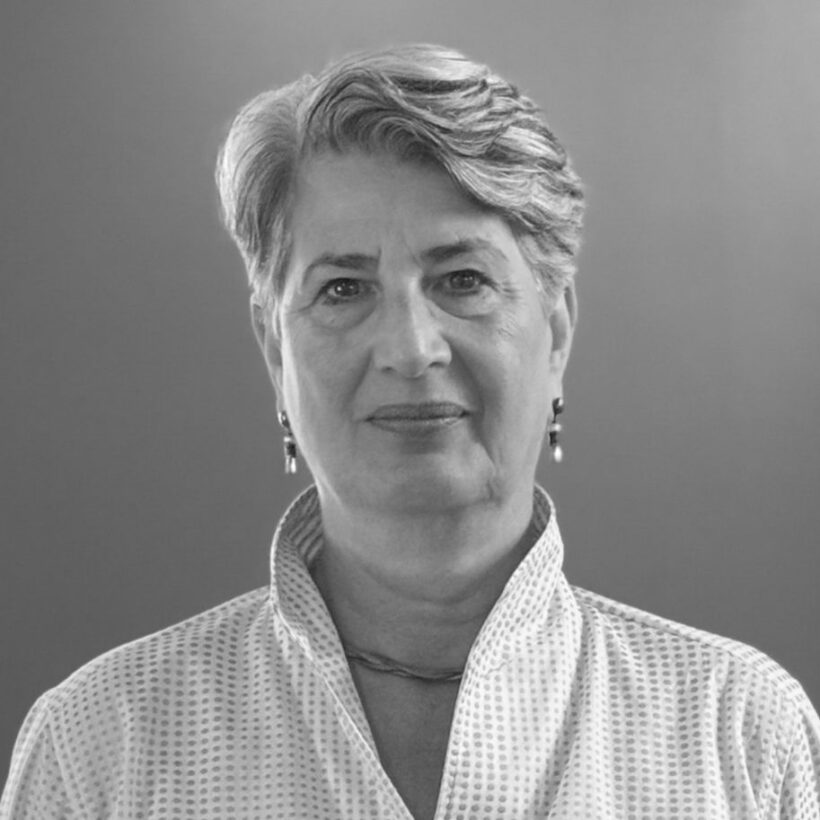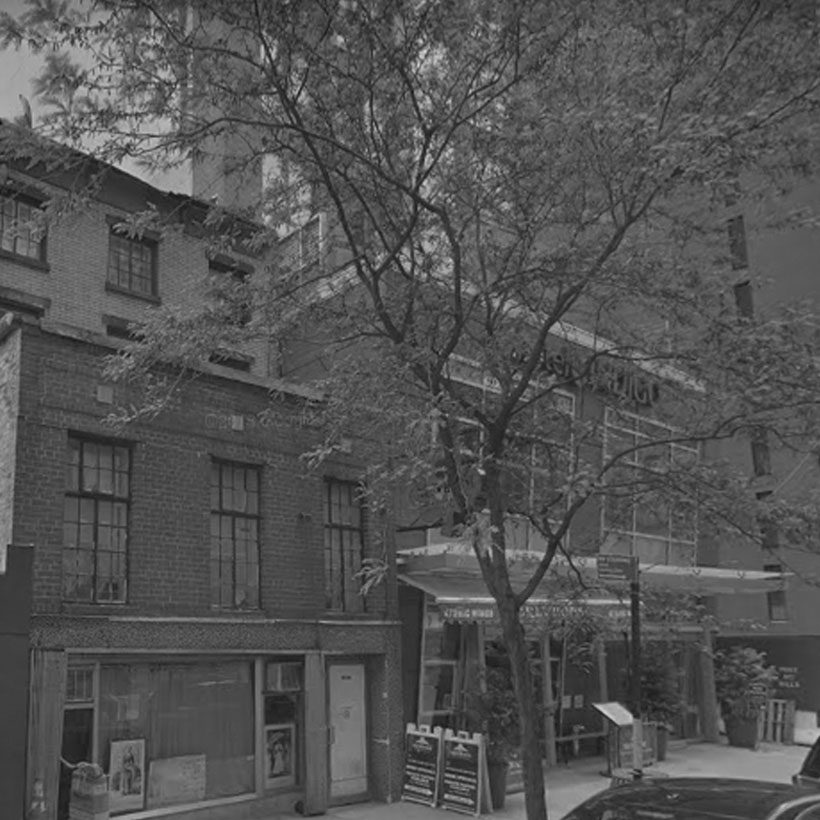On Juneteenth
A Letter from MAS Director of Advocacy Spencer Williams
Today, MAS joins communities and other organizations across the nation to celebrate Juneteenth. This important day commemorates June 19, 1865, when the last enslaved Black people in the westernmost Confederate state of Texas were freed by executive decree and the force of some 2,000 Union soldiers. This was nearly two and a half years after the Emancipation Proclamation. During this interim period, freemen had been living in American captivity, even though they were legally free.
Juneteenth is both a jubilee and a call for justice. On this day, we simultaneously celebrate the freedom it represents, and also the tangible lag in collectively living up to our nation’s highest principles. This gap between ideal and reality highlights the complexities of commemorating Independence Day for free and enslaved Blacks in America. Frederick Douglass, in a speech delivered in 1852 addressing the Rochester Ladies’ Anti-Slavery Society, posed and answered a critical question:
“What, to the American slave, is your 4th of July? I answer; a day that reveals to him, more than all other days in the year, the gross injustice and cruelty to which he is the constant victim.”

As a call for justice, Juneteenth exposes the true experience of our nation. It reveals an underlying, aggrieved liberty in which some people cannot fully participate. For others, the claims of injustices are unseen, unimagined, and dismissed as anecdotal. This kind of national gaslighting has left Black communities in peril, only to be cast into blame for the outcomes. As a result of systemic forces, Black neighborhoods experience ongoing loss of physical place through the disinvestment of redlining and the dual pressures of gentrification and displacement. Black wealth has been hindered by lack of access to banking, exclusionary zoning, and limited access to homeownership. At the same time, wealthier, whiter communities have hoarded opportunity in the form of quality schools, transportation, parks and open spaces, and healthcare services.
These inequities persist throughout New York City to this day. Here and across the country, we are seeing a real disparity in the sanctity of Black bodies in life expectancy, in who is being disproportionally impacted from COVID-19, and who continues to fear lethal force at the hands of law enforcement and gender-based violence. These injustices must be eliminated through a radical reshaping of our institutions to affirm that Black Lives Matter.
As a jubilee, Juneteenth has always been a beacon for an embodied freedom, rejoicing in the very best of Black life and creative expression. It is a day to be prideful of who we are, who we love, and how we continue to survive—marked with community, art, dance, food, and unapologetically Black culture. These physical expressions of unfiltered voice, joyful movement, and deep nourishment celebrate liberty in all the messy complexity of the forms it takes on.
I take encouragement this year from an expanded national commitment to lead difficult conversations in every corner of the country—on the streets, within workplaces, in the halls of City government, and between friends and family members. We are called more than ever to join a collective, full-throated chorus calling for equality, full citizenship, and a more perfect union. We are called to celebrate liberty and demand justice. This spirit echoes the lyrics of the Black National Anthem, adapted from the poem “Lift Every Voice and Sing” written by James Weldon Johnson. May we lift our voices and:
“Sing a song full of the faith that the dark past has taught us
Sing a song full of the hope that the present has brought us
Facing the rising sun of our new day begun
Let us march on ’til victory is won.”
Spencer Williams, Director of Advocacy


